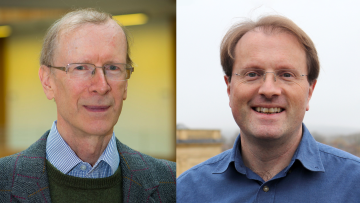Blocks of modular representations of p-adic groups
Abstract
Let G be the points of a reductive group over a p-adic field. According to Bernstein, the category of smooth complex representations of G decomposes as a product of indecomposable subcategories (blocks), each determined by inertial supercuspidal support. Moreover, each of these blocks is equivalent to the category of modules over a Hecke algebra, which is understood in many (most) cases. However, when the coefficients of the representations are now allowed to be in a more general ring (in which p is invertible), much of this fails in general. I will survey some of what is known, and not known.


